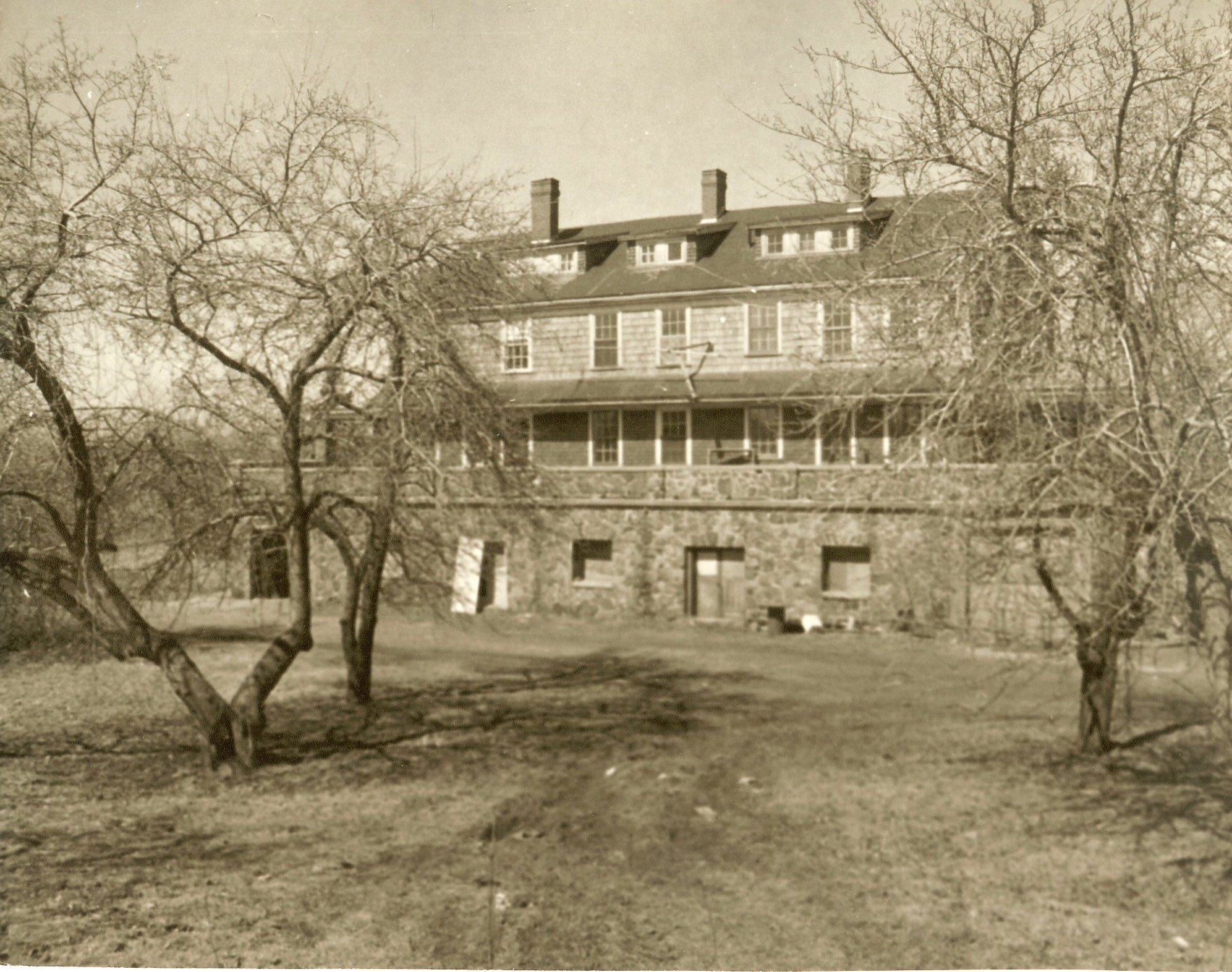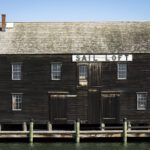Wool-d you believe me if I told you that sheep used to roam where your child now attends high school?
Believe it or not, where the high school now stands, there once was a farm called Sorosis Farm that covered nearly 10 percent of the town. The owner of the farm, Alexander E. Little, was also the owner of a successful women’s shoe brand named “Sorosis,” which he founded in the late 19th century. He purchased the land in the early 1900s in order to sell food products to his workers at the A. E. Little & Co. shoe factory in Lynn. Thus, he named the farm Sorosis Farm.
In addition to the sheep, Sorosis Farm grew produce and raised other livestock; the sheer size of the property allowed for both crops and grazing animals such as cows. It was not just open space, however. Many buildings dotted the land including an icehouse, large barns for the animals, and a farmhouse.
But the farm’s success was short-lived. In 1934, due to the economic havoc the Great Depression wreaked, Little’s farm failed. According to a 1999 interview with William W. Kiernan, who worked on the form, as the farm’s financial ventures took a downturn, so too did Little’s interest in running a farm. Kiernan recalled that Little rarely visited the farm except to show visitors around and have them drink from a two-quart dipper (picture a very large cylindrical ladle).
As prospects declined, Little sold some of the property to the town. Though agricultural production has long since ceased and the town now uses the area for the high school, the Council on Aging, and community amenities, there are traces of Little’s imperial farm.
The foundations of some of the buildings remain, even if in rough shape. But even if you cannot make it out to see the ruins, there are plenty of photographs of the farm in the Marblehead Historical Commission’s archives.





